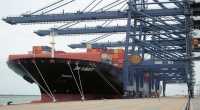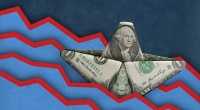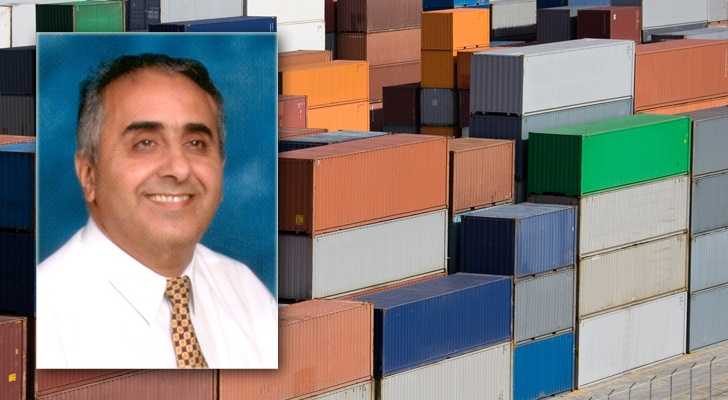Ramzi Gabai chairman of the Israel Export and International Cooperation Institute: "Exporters to EU must act very cautiously"
Ramzi Gabai chairman of the Israel Export and International Cooperation Institute (IEICI) has called on Israeli exporters to reduce their exposure to foreign trade risk in general and to Europe in particular.
In a statement issued by the IEICI Gabai noted that "Exporters to EU must act very cautiously". Gabai added "We're definitely scared by what we are seeing in Europe,". "When there are reports of credit downgrades for Belgium and Hungary, there is something to worry about. It's no longer just Greece and Spain. It's scarier, because if we don’t prepare a proper response for each problem, we'll crash together with Europe, and Israeli exports will take a battering."
Israeli exporters expect a recession in Europe, in the wake of the debt crisis in Europe. 70% expect a serious drop in exports, and 60% expect a drop in export profit margins, according to a survey held recentely by the Israel Export and International Cooperation Institute among exporters. Exporters say that the debt crisis in Europe poses the greater danger to Israeli exports.
Gabai noted however that despite grim forecasts Israeli exports to the EU rose to 32% of total Israeli exports in January-September 2011 from 30% in the corresponding months of 2010, amounting to over US$11 billion.
"This figure should not be taken for granted. It reflects many years of hard work and investment in Europe as an export target. Israeli exporters have been able to establish themselves there," said Gabai. "However, in view of the severe crisis in Europe, we advise them to continue investing in this market, but at the same time, to establish themselves in alternative, more stable markets."
Export Institute warns on exposure to Europe
Ramzi Gabai chairman of the Israel Export and International Cooperation Institute: "Exporters to EU must act very cautiously"
10.12.11 / 00:00
•
More articles that may interest you

ZIM to improve its Mediterranean–West Africa service (MAF)

The Composite State-of-the-Economy Index for October increases by 0.1%

OECD: Israel's growth will fall to 2.9% next year

Bank of Israel cuts interest rate 25bps to 2.75%

Tel Aviv Fashion Week: Israel back on the world fashion map

Israel down to 36th place in Transparency International's 2011 Corruption Perceptions Index
More news from Industry & Trade Section
>Israel Corp & China's Chery co. launch Qoros car brand/06.12.11
>Gaza exports up 30% in 3rd quarter 2011/06.12.11
>President Peres on state visit to Vietnam boosting Vietnam-Israel economic cooperation/29.11.11
>China is Israel's 3rd export destination/29.11.11
>CBS: Israel’s trade deficit totaled ILS 4.9 billion in October 2011/21.11.11
>CBS: Israeli economy to slow - 3Q growth rate slips to 3.4%/21.11.11
>Israel’s food exports approaching half a billion US$ mark/14.11.11
>Glitch, not hackers brought down Israeli government websites/14.11.11
>OECD supports Israeli initiative to develop a green growth plan/14.11.11
>Israel, EU sign space & tourism cooperation accord/07.11.11
